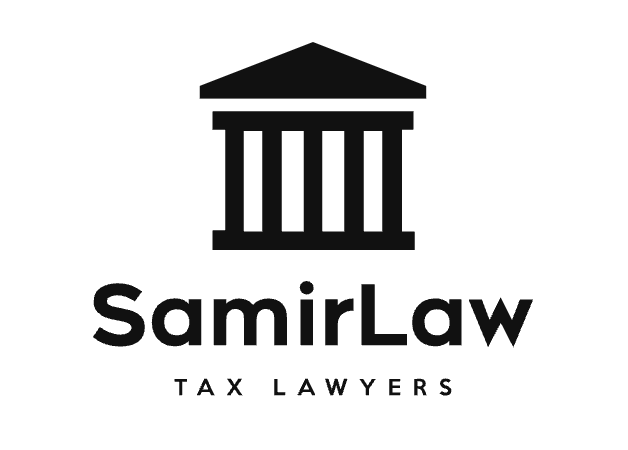2025 Guide to Spain's Beckham Law for Expats, Remote Workers, and Entrepreneurs

Spain’s Beckham Law, formally known as the "Special Tax Regime for Workers, Professionals, Entrepreneurs, and Investors Relocated to Spanish Territory," is one of the most attractive fiscal incentives for foreigners moving to Spain. Originally intended to attract elite athletes like David Beckham—hence its nickname—this regime now applies to a much broader group of professionals, including remote workers, entrepreneurs, startup executives, and highly skilled employees.
The Beckham Law allows certain individuals who become tax residents in Spain due to their relocation to opt to be taxed under Non-Resident Income Tax (IRNR) rules instead of the standard Spanish Personal Income Tax (IRPF) for a limited period.
Think of it this way: Even though you're living in Spain and considered a tax resident, for the first few years, your income will be taxed more like someone who earns income in Spain but doesn't live here permanently.
This guide is intended as an overview through the main aspects of the Beckham Law, including eligibility criteria, fiscal advantages, the application process, filing obligations, family inclusion, and key compliance pitfalls to avoid.
What Is the Beckham Law?
The Beckham Law is a special tax regime that allows eligible foreign residents in Spain to benefit from a favorable flat tax rate and limited tax exposure. Although beneficiaries become Spanish tax residents, they are only taxed on Spanish-sourced income, rather than their worldwide income—with one major exception: all employment income is taxed in Spain, regardless of where it is earned.
This regime applies for six tax years: the tax year in which you become a Spanish tax resident, plus the next five consecutive years.
One key limitation to note: beneficiaries cannot request Spanish tax residency certificates for the purpose of applying double taxation treaties. This could affect your tax treatment in other jurisdictions, so personalized advice is essential.
Who Can Apply for the Beckham Law?
The Beckham Law is available to foreign individuals who meet strict professional and relocation-related requirements:
General Criteria:
- You must not have been a Spanish tax resident during the past 5 years.
- You must move to Spain due to a qualifying professional reason.
- You must not conduct business through a Permanent Establishment (PE) in Spain.
What is a Permanent Establishment?
A "permanent establishment" refers to a fixed and ongoing business presence in Spain—like opening an office, hiring employees, or offering services directly from a physical location. If you work from home or a co-working space under a foreign contract, this usually won’t qualify as a PE. However, if you intend to provide services on your own to Spanish or foreign clients, you are at high risk of being disqualified from the tax regime.
Eligible Relocation Scenarios:
You may qualify if you move to Spain as:
- An employee under a Spanish employment contract
- A remote worker with a foreign employer (under the Digital Nomad Visa, for example)
- An administrator of a Spanish company (with <25% shareholding if the company is patrimonial)
- An entrepreneur with an ENISA-certified startup
- A highly qualified professional working in R&D or with a recognized startup
There must be a clear causal relationship between your move to Spain and the beginning of your work activity.
Beckham Law for Family Members
Your spouse and dependent children (under 25 or disabled) can also benefit under this regime, provided:
- They move to Spain with or after you.
- They have not been Spanish tax residents in the past 5 years.
- They meet residency and income criteria (must earn less than the principal taxpayer).
Each family member must file Modelo 149 within 6 months of relocation or the primary applicant’s timeline, whichever is later.
Tax Benefits and Obligations
Employment Income
- 100% of your salary is taxable in Spain, regardless of the country where it is earned.
- You benefit from a flat rate of 24% on earnings up to €600,000 and 47% on any amount above that.
Investment & Other Spanish Income:
Dividends, interest, and capital gains from Spanish sources are taxed on a progressive scale:
- €0–6,000: 19%
- €6,001–50,000: 21%
- €50,001–200,000: 23%
- €200,001–300,000: 27%
- Over €300,000: 30%
Key Exemptions:
- You are not taxed on foreign investment income.
- No obligation to file Modelo 720 (foreign asset declaration).
- No wealth tax on assets held abroad.
- No requirement to declare global income or investments.
Restrictions:
- You cannot deduct pension contributions or claim family deductions.
- You cannot apply the foreign-earned income exemption (Art. 7p).
- Severance payments and maternity/paternity benefits are fully taxable.
How to Apply for the Beckham Regime
Step-by-Step Application Process:
- Arrive in Spain and become a resident (must stay more than 183 days).
- Register with Spanish Social Security or present a valid A1 form.
- File Modelo 149 within 6 months of your Social Security registration.
Documents You’ll Need:
- Employment contract or appointment letter
- Proof of start date and relocation link (e.g., assignment letter)
- Spanish residency permit (if applicable)
- Social Security certificate or alternative compliance (A1 form)
- For entrepreneurs: ENISA certificate for innovative activity
- For professionals: Qualifications showing high-skill or research background
- Administrators must prove their company is not patrimonial if holding more than 25%
Once submitted, the tax authorities have 10 working days to approve or request further information (this timeline is rarely met in practice).
Filing Your Taxes: Modelo 151
Once accepted into the Beckham regime, you will:
- File Modelo 151 each year (instead of Modelo 100).
- Report only Spanish-source income and all employment income.
- Include any capital gains or dividends from Spanish investments.
Returns are filed electronically and typically due by June 30 each year for the previous year’s income.
Losing the Beckham Regime
You will lose the right to remain under the regime if:
- You fail to file Modelo 149 on time.
- You receive income through a permanent establishment in Spain (e.g., self-employment, business operations).
- You go unemployed for too long without taking a qualifying new job.
- You renounce the regime (can only be done once, via Modelo 149).
You must also notify the Tax Agency within one month if you’re no longer eligible.
For Families:
If the principal applicant is excluded, all family members lose their status. Family members may also lose the benefit if their income exceeds the main applicant’s or they fail to meet the residency criteria.
Additional Considerations
- Crypto and NFTs: Income from these may be taxed if keys or custody is in Spain.
- International employment contracts should clearly indicate location of duties and pay structure.
- Retirement, prolonged unemployment, or shifting to freelance work can void eligibility.
- Spain will not issue tax residency certificates to Beckham regime beneficiaries, which limits their ability to benefit from double tax treaties.
- If you plan to invest or receive rental income in Spain, this income is taxable under the Beckham Law.
- If you plan to become self-employed, open a business, or derive significant income from Spanish passive sources, you may be better off under regular tax residency.
Final Thoughts
The Beckham Law presents a valuable opportunity for many individuals and their families making the move to Spain for professional or investment reasons. The potential for reduced tax liability on non-Spanish income and the simplified tax obligations during the initial years can be a significant financial benefit.
However, the eligibility criteria and application process have specific requirements and timelines that must be strictly adhered to. Given the complexities of international tax law, seeking guidance from a qualified tax advisor specializing in Spanish tax regulations is recommended. A professional can assess your specific situation, confirm your eligibility, guide you through the application process, and ensure you maximize the benefits of this advantageous regime while remaining fully compliant with Spanish tax law.
At SamirLaw, we provide expert tax advisory to ensure:
- Correct regime selection based on your goals
- Document preparation
- Timely Modelo 149 and 151 filing
- Family inclusion planning
- Tax compliance throughout your stay
Contact here or write to us at info@samirlaw.com






